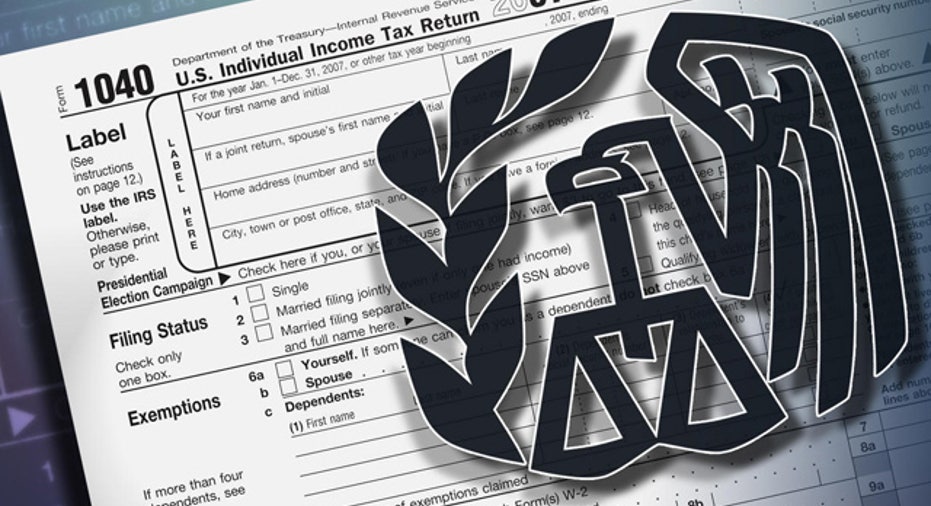What the IRS Does and Doesn’t Consider a Business Expense

When it comes to determining if a transaction is tax deductible, small business owners need to keep one rule in mind: The IRS allows all “ordinary and necessary” business expenses to be written off.
Here’s the tricky part: What you consider “ordinary and necessary” may differ from what an auditor’s definition, or what the tax code has specifically allowed.
Here’s a heads up to some items that are commonly mistaken as deductible but aren’t:
Commuting Expense is incurred when you drive from your home to your place of business. This is considered a personal expense and is not allowed. After all, wage earners cannot write off their commute so why should you? When you tally up your business mileage for the year, leave off this number. However, if you have a tax-deductible home office as your primary place of business, your vehicle expenses start there. You have no commute.
Fines and Penalties are not deductible. It may have been ordinary and necessary for you to speed and park illegally in order to arrive on time to an important business meeting, but those tickets aren’t deductible.
In fact, anything illegal is not deductible – this includes bribes and kickbacks. My favorite story is the one of the business owner who paid an arsonist to burn down his store for the insurance money. He sent him a 1099 and wrote off the expense. In a subsequent IRS audit, he fessed up and not only was the deduction disallowed but he also went to jail.
Life and Disability Insurance Premiums paid for yourself are not deductible as a business expense unless your business is incorporated as a C corporation. Partnerships, S Corporations, and sole proprietorships are not allowed the deduction for the owner(s) of the business.
Check with your tax pro about the discrimination rules and to find out how to properly structure employee benefits.
Professional Accreditation Fees such as those incurred to take the bar exam, get your accounting license, medical or dental license are not deductible. However, continuing education fees once initial licensing has occurred are allowed to be deducted.
Business Attire is not a deductible expense. I know you need a nice suit to impress clients, but Uncle Sam won’t allow it. You need jeans if you’re a contractor, but sorry, the IRS says those items are street wear and can be used personally. But if you need steel-toed boots or uniforms or protective gear or perhaps T-shirts for you, your employees, and favorite customers with your company name emblazoned thereon, go for it--you can write off those items.
Country Club Dues are not deductible. The IRS understands that you joined the club in order to better your image and to acquire new business. But you’re on your own with this one. In fact, memberships in health clubs, luncheon clubs, social clubs, golf clubs - any organization whose main purpose is to provide entertainment to its members or provide entertainment facilities for its members - is not deductible.
Tax Penalties incurred for failing to pay your estimated taxes timely or file your tax return timely or for substantially understating business income are not deductible. This includes tax penalties sustained with sales tax, excise tax, and payroll tax returns.
Travel Expenses for your spouse, children or any other individual are not deductible even if the person(s) is accompanying you on a business trip. You may only deduct expenses for a bona fide employee whose presence is required to achieve the business purpose of the trip.
Investment related seminars, even if you are interested in investing company funds, do not qualify as a tax deduction. Travel, meals and cost of the seminar are also not deductible.
Personal, living or family expenses are not deductible as business expenses or anywhere else on your tax return. These expenses should be paid from personal funds and kept separate from your business.
Charitable Contributions of time are not a write off. “I gave up my time and I could have billed it out for $500!” I know, I know. Even if you can assign a number to it, you can’t deduct it on your tax return. Your time means nothing to the IRS and that’s just how it translates onto the tax return.
However, if you donate inventory, you are allowed to deduct the fair market value of the items donated.
Bonnie Lee is an Enrolled Agent admitted to practice and representing taxpayers in all fifty states at all levels within the Internal Revenue Service. She is the owner of Taxpertise in Sonoma, CA and the author of Entrepreneur Press book, “Taxpertise, The Complete Book of Dirty Little Secrets and Hidden Deductions for Small Business that the IRS Doesn't Want You to Know.” Follow Bonnie Lee on Twitterat BLTaxpertise and at Facebook.



















